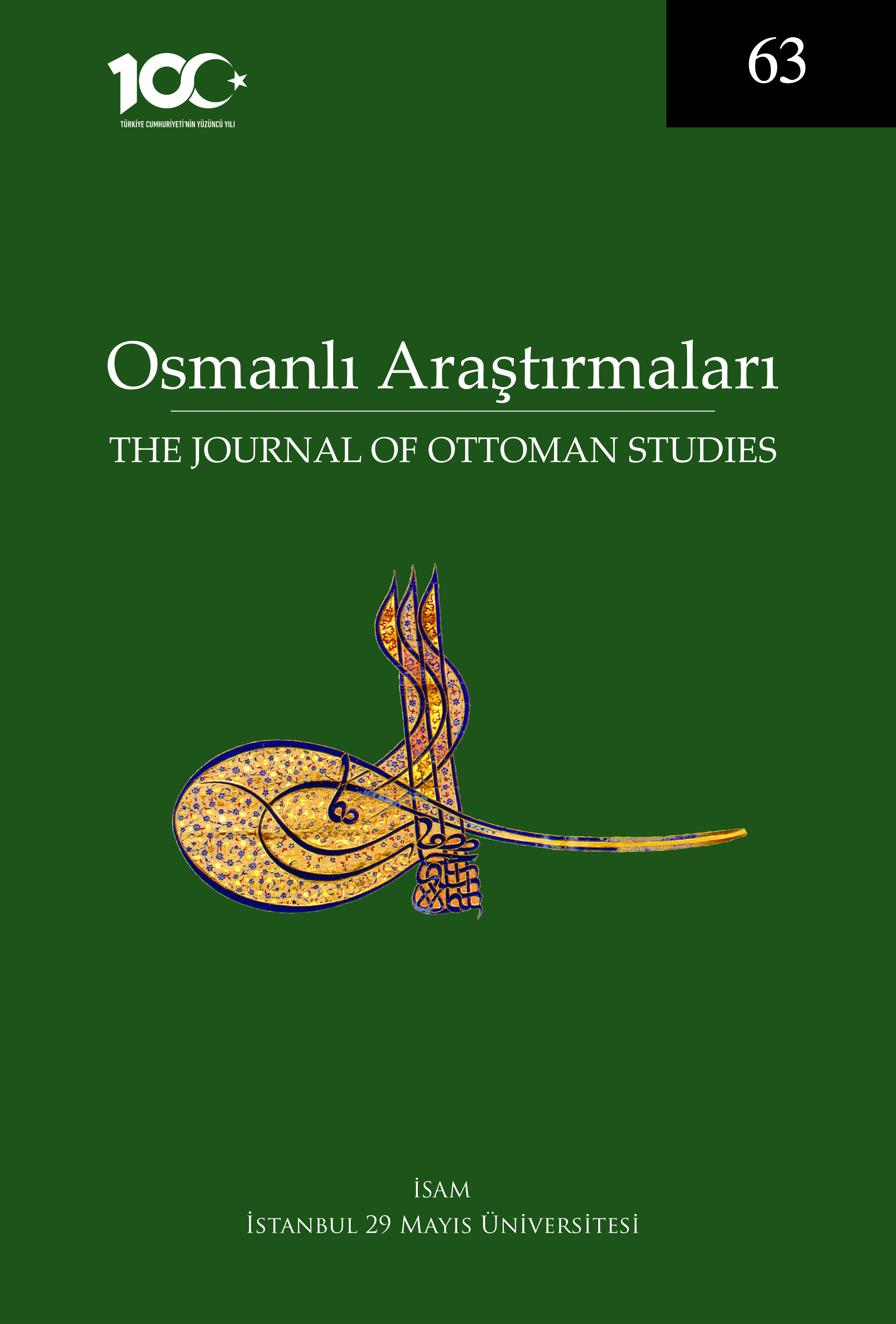New, Early Modern or a Classical Age:Definitions and Studies on Ottoman History
Keywords:
Periodization, Ottomans, New Age (Neue Zeit), classical age, early modern, modern history, historyAbstract
This paper aims to review the so-called tripartite periodization of history that evolved into a key concept of historical studies in the early 18th century in Europe with a special emphasis on its application to Ottoman history, as well as the scholarly attempts to integrate the notion of dividing human history into three basic periods: The Ancient, Middle, and New/Modern ages. Among these, the New Age (Neue Zeit - Yeniçağ) has a continuing prominence in historical studies in Türkiye due to its unrivalled capacity for embracing Ottoman history in its broader sense. In Western academic terminology, the temporal period to which this refers is the modern age that heralded the coming of present days. Notwithstanding the prominent place of the New Age among Ottoman historians, the concept of the early modern period, instilled with concepts from Western historiography, gained solid ground in Ottoman studies. The Ottoman early modern period seeks to encompass certain elements of Ottoman experience in which close ties might be established with the historical developments in Europe between 1450-1800. However, both perspectives lack the ability to adequately encompass Ottoman history. Instead of these two perspectives resting heavily on a chronological sequence of events, this paper suggests a denomination for the period as “classical”, which will more properly apply to Ottoman history and promotes the idea that the Ottoman classical age forms a single entity beginning with the establishment of the Ottoman Empire and enduring till the Tanzimat (1839), when Ottoman political and social institutions were irreversibly affected by Western norms and standards.




